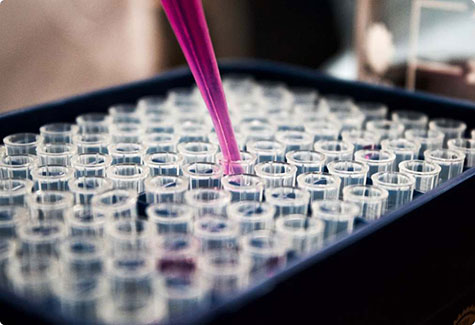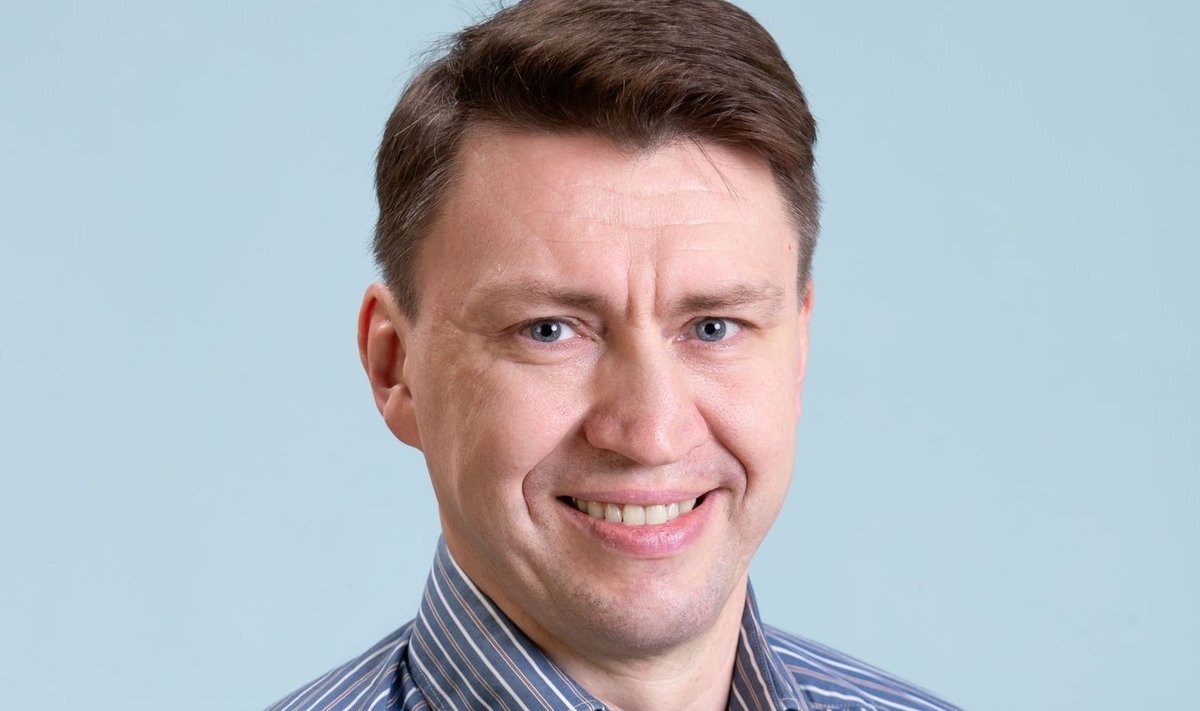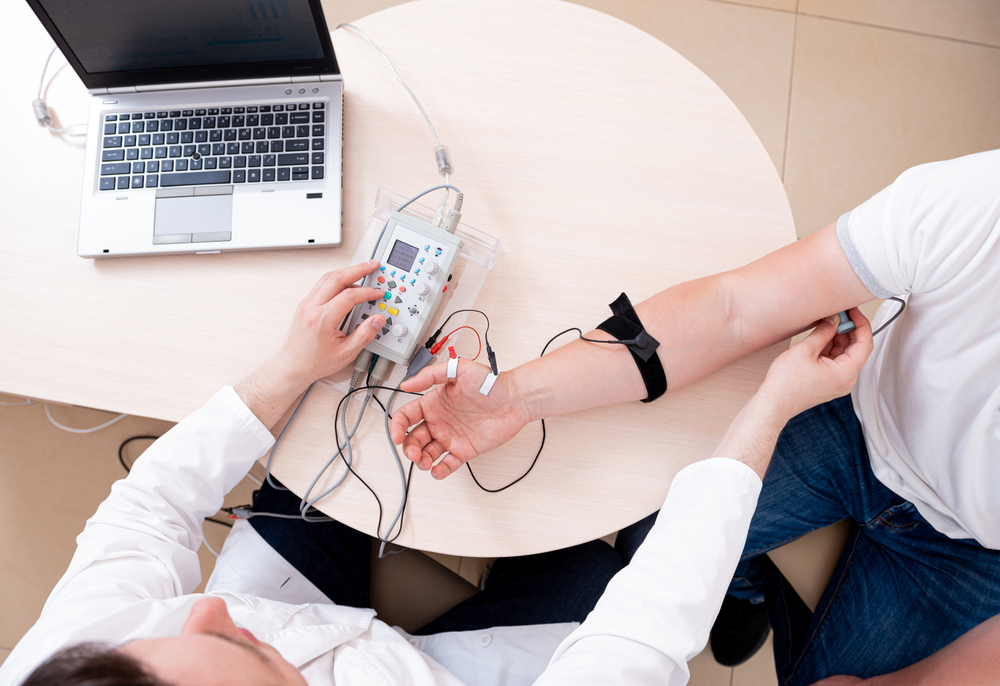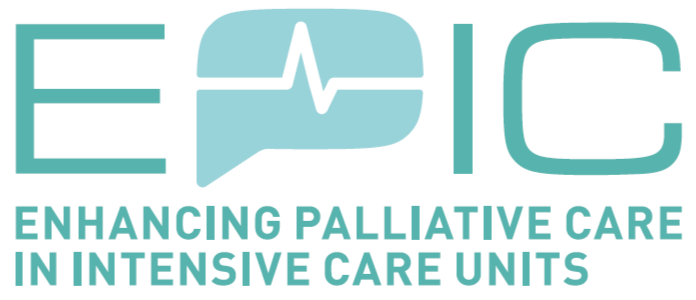ESAIC News
Newsletter March 2024: IntelliLung: An AI-based system for lung support in intensive care
The ESAIC has been a consortium member for six EU-funded projects, and its extensive network, combined with its diverse range of in-house services, means it successfully contributes to answering research questions at a European level. One of these projects is IntelliLung, which is funded by the Horizon Europe programme.
The project started in 2022 and is scheduled to run until 2027. It focuses on how intensive care patients often need mechanical ventilation (MV) or extracorporeal lung support (ELS). However, these therapies can also cause harm to the lungs if not adjusted properly. The project looks at how the settings of these devices can be optimised to provide the best possible care for each patient.
EU Horizon-funded project
The IntelliLung project involves partners from Belgium, Germany, Italy, Netherlands, Poland, Serbia, Spain, Switzerland, and the USA. The project is led by Prof. Dr. Thea Koch and Dr. Jakob Wittenstein from the TUD Dresden University of Technology (TUD). The goal is to develop an intelligent lung support system that uses artificial intelligence (AI) to guide clinicians in choosing the optimal parameters for MV and ELS. The system will learn from the data of previous patients and the expert knowledge and feedback of clinicians to provide personalised recommendations. It will also explain the rationale behind its suggestions and provide information on the specific diseases and therapies.
AI-based decision support system
The IntelliLung AI-based decision support system (AI-DSS) uses advanced algorithms to analyse the data from MV and ELS and other sources such as electronic health records and blood gas analysis. It then generates and displays the optimal settings for MV and ELS, along with the expected outcomes and the confidence level of the recommendations. In recent months, the research team has developed a new version of the algorithm that suggests additional ventilation settings compared to the initial version. The algorithm is currently undergoing further testing and development. The technical teams of Institute Mihajlo Pupin, Institute fuer Angewandte Informatik e.V. (InfAI), Better Care, DEMCON Macawi Respiratory Systems, and Fundación Pública Andaluza Progreso y Salud are working on developing the data recording and data output system, with a prototype currently being tested.
ESAIC survey on user perspectives
Last year, the ESAIC designed and disseminated a survey on an AI-based decision support system’s attitudes, expectations, and needs. Conducted within the framework of the IntelliLung project and sent to all ESAIC subscribers, the survey focused on understanding the users’ perspectives of anaesthesiologists and intensive care specialists. Currently, TUD is evaluating the survey data and preparing the results for publication.
Clinical trial and prospective study
The IntelliLung project aims to validate and extend the AI-DSS in a clinical trial involving more than 480 mechanically ventilated patients. The following project partners are involved in the clinical trial: TUD Dresden University of Technology, University of Genoa, Servicio Madrileno de Salud, and Central Clinical Hospital of the Ministry of Interior and Administration in Warsaw. The trial will compare the performance of the AI-DSS with the current standard of care. Currently, preparations are ongoing for the multi-centre, prospective study according to medical device regulations (MDR).
The project aims to improve the survival and recovery of intensive care patients in need of MV and ELS and reduce the costs and complications associated with these therapies. It will also contribute to the advancement of AI in healthcare and demonstrate the potential of digital health solutions to enhance the diagnosis and treatment of critical illnesses.
The project’s results should be finalised in 2027, but interim results will be presented at Euroanaesthesia 2024. The ESAIC and the IntelliLung team welcome you to the EU booth at the congress to learn more about the project. The project team is happy to answer any further questions you may have. You can contact them by email at ekfz@tu-dresden.de or visit the project website.
Authors
- Dr med. Jakob Wittenstein – Project Coordinator at TUD Dresden, University Hospital Carl Gustav Carus Dresden, Anja Stübner, Public Relations Manager (TUD Dresden, Else Kröner Fresenius Center for Digital Health).










